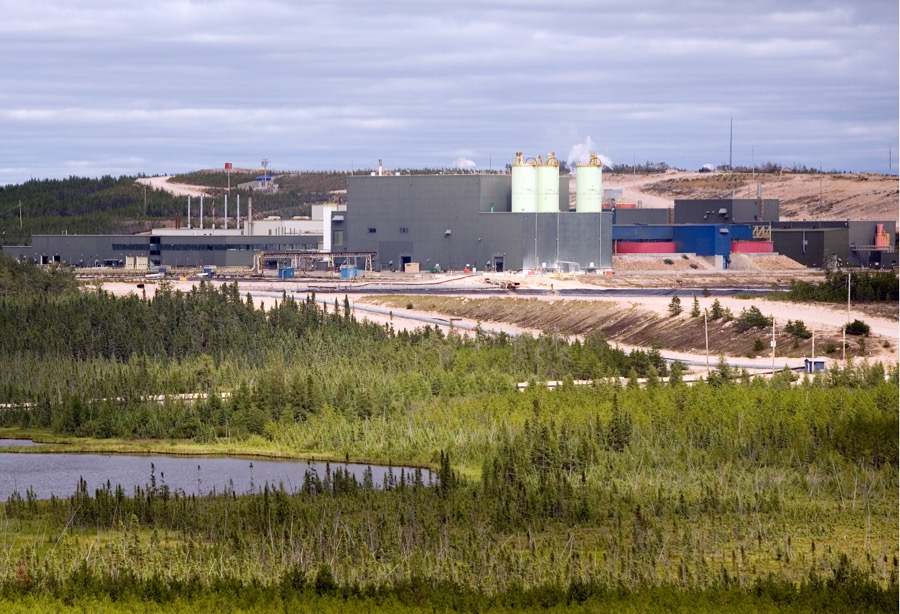World’s top uranium miner Cameco back in the black

Canada’s Cameco (TSX:CCO) (NYSE:CCJ), the world’s largest publicly traded uranium producer, swung back into the black in the first three months of the year thanks to improved prices for the commodity and the company’s efforts to lower costs.
The Saskatchewan-based miner posted Friday net earnings of $55 million, or 14 cents per share, compared with a loss of $18 million, or 5 cents per share, in the first quarter of 2017.
Revenue jumped to $439 million from $393 million a year earlier, owed in part to uranium prices climbing about 25% to $42.92 per pound, while sales volumes rose nearly l6% to 6.6 million pounds.
Despite uranium prices climbing about 25% in the first quarter, Cameco says global market remains ‘quiet’.
“We continue to focus on what we can control,” president and CEO, Tim Gitzel, said in the statement. He was referring to both, Cameco’s “portfolio optimization” and its planned cut in production to ease a current oversupply that keeps weighing on uranium prices.
Gitzel acknowledged the company’s average unit cost of sales was higher this quarter than a year ago, but said the situation was expected due to the care and maintenance costs incurred while the McArthur River and Key Lake operations remain halted.
Uranium prices had fallen more than 70% since the Fukushima disaster in 2011, remaining low since then as a result of global glut of the commodity and excess inventory in the industry.
But Cameco’s decision to suspend two key operations for 10 months and surprisingly deep three-year cuts by Kazakhstan’s state-owned Kazatomprom, have helped the market so far this year.
Gitzel said demand for uranium continues to be soft for a number of reasons. Reactors in Japan are still in the process of restarting, while Belgium recently announced its intention to phase out nuclear power.
“There are a lot of moving pieces, and utilities continue to evaluate the implications of what is perhaps best described as unprecedented noise in the political economy,” Gitzel said.
“Things like the possible trade action under section 232 of the Trade Expansion Act, the suspension of U.S. Department of Energy’s excess uranium sales for the remainder of 2018, review of the Russian Suspension Agreement, and a potential Russian ban on all trade with US nuclear power companies,” he noted.
Together with facing a weak market, the company is dealing with two major legal actions. One is a dispute with the Canadian Revenue Agency over a potential $2.2-billion tax bill, in which a decision is expected within the next year.
The other issue involves Tokyo Electric Power Company Holdings (TEPCO), the operator of Japan’s wrecked Fukushima nuclear plant, which last year cancelled a contract with Cameco. The company is seeking $1.3 billion in compensation and the case is expected to enter arbitration in 2019.
{{ commodity.name }}
{{ post.title }}
{{ post.date }}




Comments